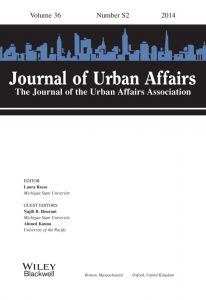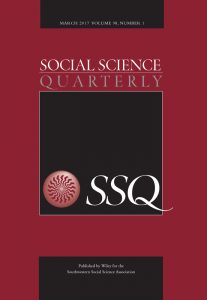A Makeover for Cosmopolitan?
Every day I drive a half hour from my home to my office at the university and a half an hour from the university back home. Like many of my peers, I pass time during my commutes listening to National Public Radio. I know it is a bit of a cliché, the doctoral student in the sociology department listening to NPR every morning, but I really do feel as if my 60 minutes of NPR each day keep me...






1756-2589/asset/NCFR_RGB_small_file.jpg?v=1&s=0570a4c814cd63cfaec3c1e57a93f3eed5886c15)